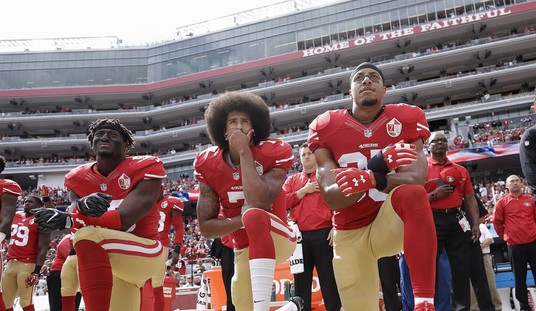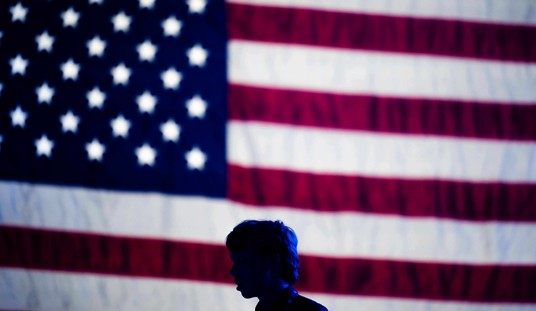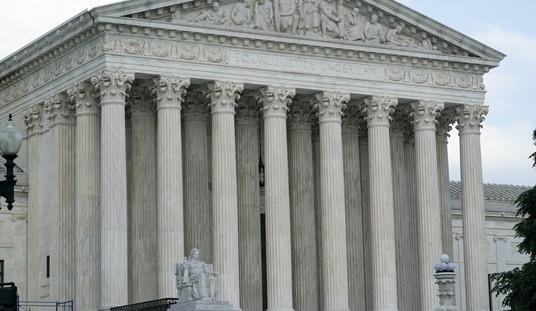Former Atlanta Braves baseball player Chipper Jones, recently inducted into the hall of fame, is a great 3rd baseman. He’s also a pretty good writer and storyteller, and an avid hunter, growing up as he did in north Florida where he was taught to shoot a gun by age 5 or 6. And, he says, he’s always been a supporter of the 2nd Amendment.
But in the wake of the Parkland shooting and the murder of 17 innocent people at a Florida High School, he told The Atlanta Journal-Constitution, he’d be in favor of keeping automatic and some semi-automatic weapons out of the hands of civilians.
“I have no problem with hunting rifles and shotguns and pistols and what-not,” Jones said. “But I’m totally against civilians having those kinds of automatic and semi-automatic weapons.”
He said he would be in favor of legislation to limit the sale of AR-15s and AK-47s, weapons he said “belong in the hands of soldiers.”
Jones said he was five or six years old when his father taught him how to shoot a gun, but said he favors raising the minimum age for gun purchases from 18 to 21. However, he doesn’t think those measures are enough to fully address the problem.
“The bottom line is we as individuals, as parents, as a country, we have to take responsibility for our own actions,” he said. “Mental health is also a big issue.”
These statements did not endear him to many gun rights activists and social media — as usual — took him to the woodshed on the issue. Users found fault with Jones’ take on teenagers owning serious firearms even as he also was quoted saying some rather sensible things about the way kids are being raised and how that might be contributing to the problem of a Nikolas Cruz.
Chipper Jones with some inane BS on gun control
(via https://t.co/nbNlfgLa1B) pic.twitter.com/6R4prcQDlA
— Bill Baer (@Baer_Bill) February 25, 2018
The backlash led Jones to release a statement Wednesday addressing some of the criticism lobbed his way since, as he eloquently puts it, he expressed his opinion on something. And, to the chagrin certainly of gun rights activists everywhere, he boldly quotes late Supreme Court Justice Antonin Scalia’s District of Columbia v. Heller decision (one of the rare decisions many conservatives think Scalia got wrong).
Below are my full and complete thoughts on the article written by the AJC, as well as an official statement of @mlbhunter. pic.twitter.com/8mFXr2nbIL
— Chipper Jones (@RealCJ10) February 28, 2018
The Heller opinion doesn’t just stop at the availability of weapons, it also discusses mental health prohibitions as regards firearms and even wonders about potential prohibitions on concealed weapons.
“Like most rights, the right secured by the Second Amendment is not unlimited…”. It is “…not a right to keep and carry any weapon whatsoever in any manner whatsoever and for whatever purpose.”
“Nothing in our opinion should be taken to cast doubt on longstanding prohibitions on the possession of firearms by felons and the mentally ill, or laws forbidding the carrying of firearms in sensitive places such as schools and government buildings, or laws imposing conditions and qualifications on the commercial sale of arms.”
“We also recognize another important limitation on the right to keep and carry arms. Miller (an earlier case) said, as we have explained, that the sorts of weapons protected were those “in common use at the time”. We think that limitation is fairly supported by the historical tradition of prohibiting the carrying of ‘dangerous and unusual weapons.’ ”
The court even recognizes a long-standing judicial precedent “…to consider… prohibitions on carrying concealed weapons.”
Jones’ statement prompted some early pushback, again on Twitter, from a fan who supposes to educate the corner man on what the Framers intended when they wrote 2A. This gentleman points Jones in the direction of The Federalist Papers.
Hey, Chipper. Always a fan, man.
Please read Federalist #29…
Founding Father's 2nd Amendment intent is explained…
Go, Braves. https://t.co/In6kR9uc4z
— American Guy 🇺🇸 (@YankReb69) February 28, 2018
The truly great thing about all of this is that it proves something people here in DC may have forgotten (or would like to): people out in the states with an interest in firearms are knowledgeable on the subject and the debate started in the great Federalist Papers continues. And that’s about as American as you can get, and a small glimmer of hope that there is still health in the Republic.
And, for the record, Federalist 29 is all about the militia, which is understood to be the reason the Framers wrote 2A: to protect the citizenry from a tyrannical and despotic government.
But there’s a line in there worth examining because it gets at the heart of the modern debate about what to do with malicious killers looking for a high body count, intent on using firearms to achieve it. It deals with the worry at the time that a well-formed militia might be a threat to liberty if it went rouge (at least I think that’s the proper context. Please do correct me if I’m wrong).
There is something so far-fetched and so extravagant in the idea of danger to liberty from the militia, that one is at a loss whether to treat it with gravity or with raillery; whether to consider it as a mere trial of skill, like the paradoxes of rhetoricians; as a disingenuous artifice to instil prejudices at any price; or as the serious offspring of political fanaticism. Where in the name of common-sense, are our fears to end if we may not trust our sons, our brothers, our neighbors, our fellow-citizens? What shadow of danger can there be from men who are daily mingling with the rest of their countrymen and who participate with them in the same feelings, sentiments, habits and interests?
The problem we face today, it seems, is that the trust in “our sons, our brothers, our neighbors, our fellow-citizens” is waning. Maybe for good reason, maybe not. But it is.
And that may be the place to start with the gun debate.













Join the conversation as a VIP Member